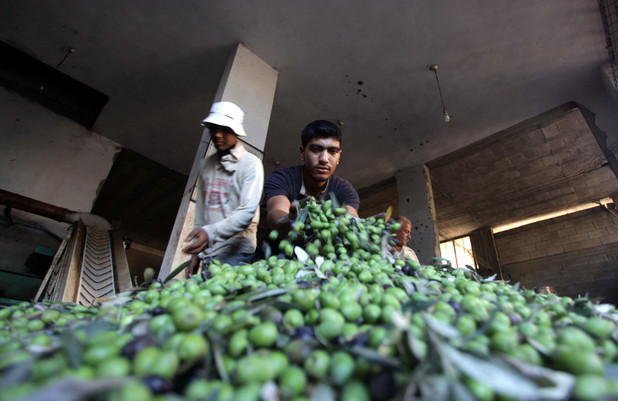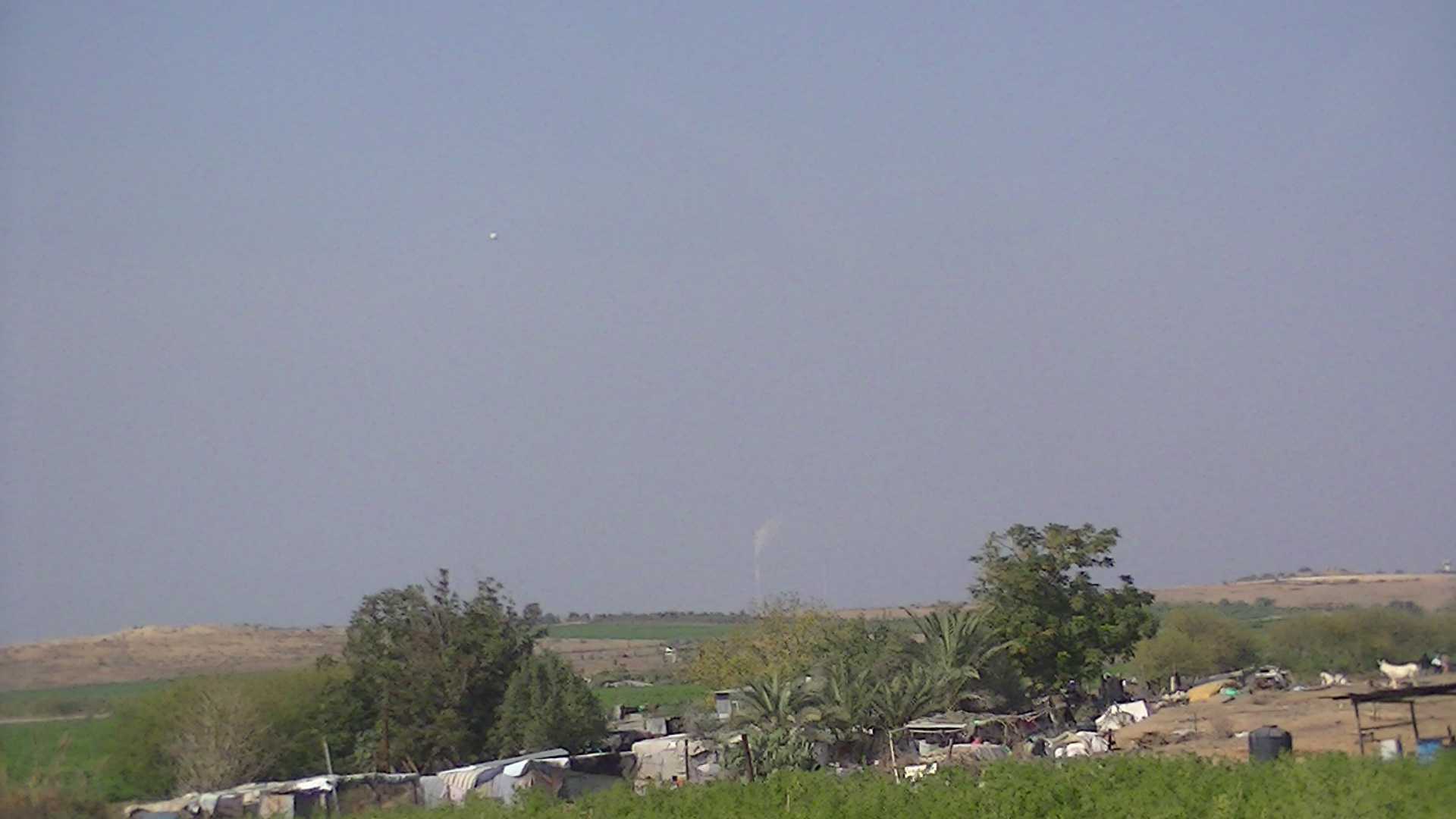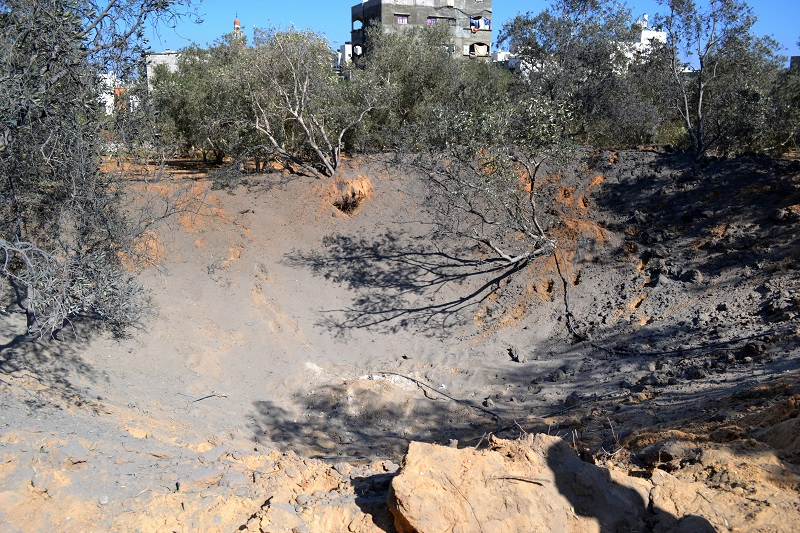Tag: Farmers
-
Gaza farmers succeed in tending to olive harvest — with international support
16th November 2013 | The Electronic Intifada, Joe Catron | Gaza City, Occupied Palestine During the recent olive harvest, which lasted from the end of September through October, dozens of Palestinian volunteers joined farmers in their groves near the tense barriers of the Gaza Strip. The volunteers worked during a week at the height of the harvest season, from…
-
Israeli surveillance balloon over Palestinian farmland in ‘buffer zone’ near Beit Hanoun – 6/11/13
8th November 2013 | Corporate Watch, Tom Anderson and Therezia Cooper | Beit Hanoun, Occupied Palestine



